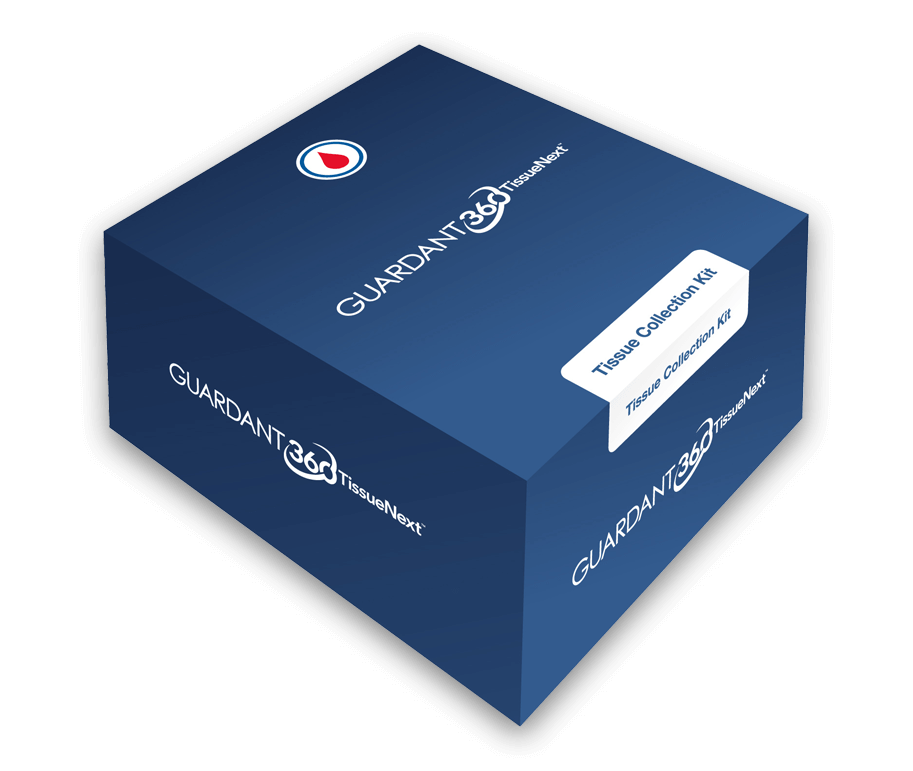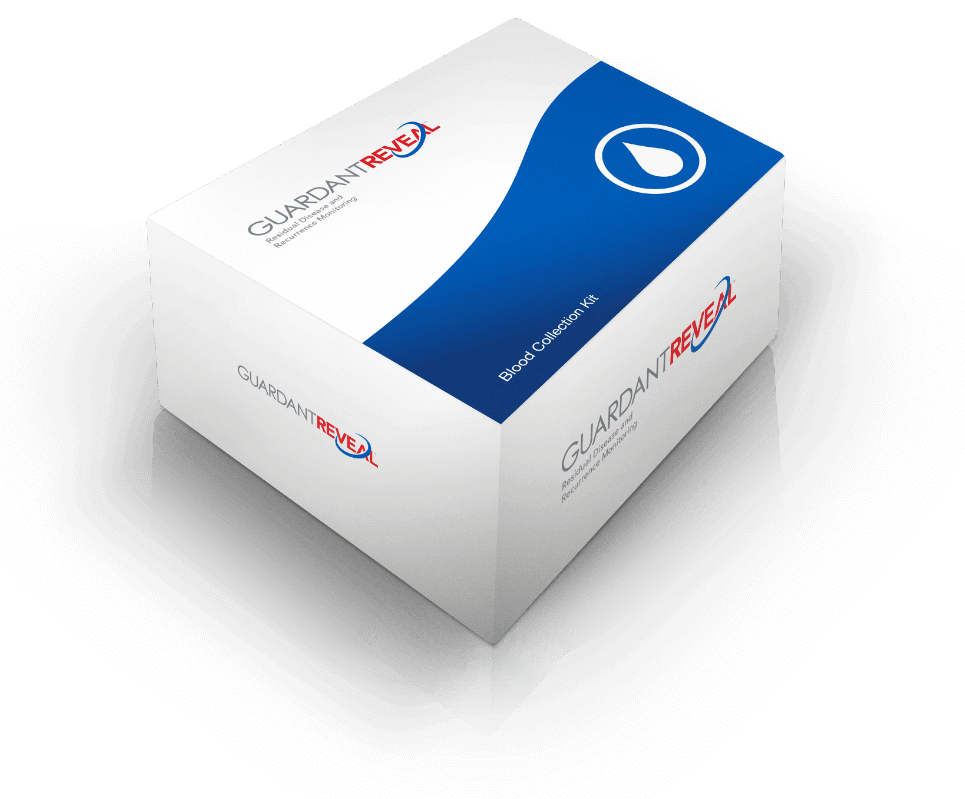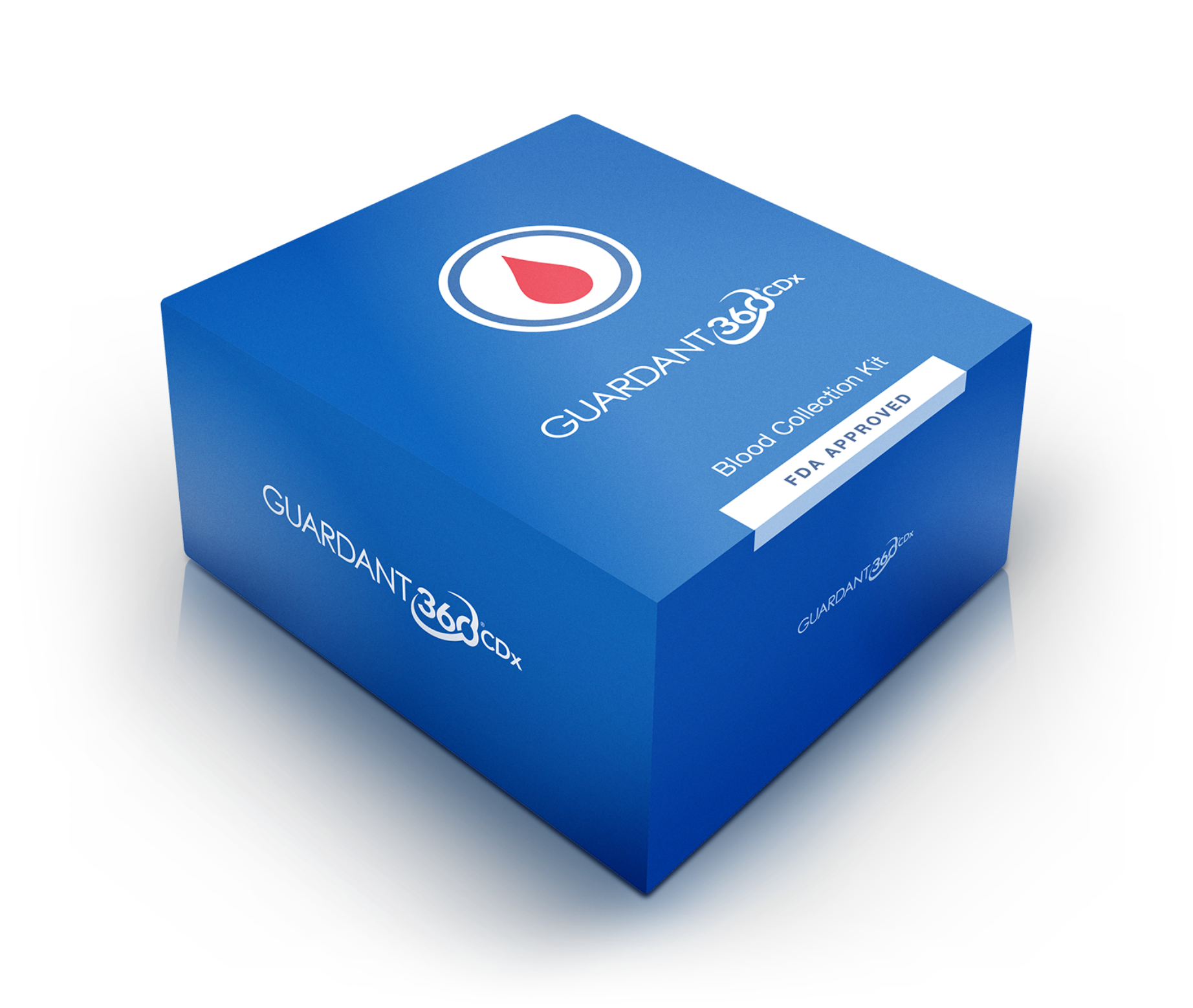

Testing Across the
Continuum of Cancer
A comprehensive portfolio of liquid and tissue precision oncology tests for patients diagnosed with early or advanced-stage cancer.

![]()
Expanded Liquid Testing With Genomic and Epigenomic Insights
Guardant360 Liquid is the first and only liquid biopsy to deliver genomic and epigenomic insights for a more complete view of cancer.1 By analyzing cell-free DNA, Guardant360 Liquid helps healthcare providers detect actionable genomic and epigenomic alterations to guide personalized treatment and monitor tumor evolution. Guardant360 Liquid is guideline-recommended across all advanced solid tumors and has broad commercial and Medicare coverage for advanced solid tumors.

![]()
Unlock Maximum Insights From Minimal Tissue With Advanced Multiomics
Guardant360 Tissue is a multiomic test for patients with advanced solid tumors, providing comprehensive genomic, transcriptomic, and epigenomic insights4 using minimal tissue—requiring 92% less surface area5 and 40% fewer slides than the industry standard.6 Guardant360 Tissue has broad commercial and Medicare coverage for advanced solid tumors.7

Minimal Residual Disease Detection and Recurrence Monitoring
Guardant Reveal is a completely tissue-free test that detects circulating tumor DNA (ctDNA) for minimal residual disease (MRD) assessment in early-stage colorectal, breast, and lung cancers. In addition to detection of MRD, Guardant Reveal is also available to monitor recurrence in previously diagnosed patients.8


The Only Tissue-Free Biopsy to Measure Treatment Response
Our Guardant360 Response test is the first tissue-free biopsy that enables doctors to view molecular response, or changes in ctDNA levels, to get an early indication of patient response to immunotherapy or targeted therapy for advanced stage solid tumors.9 Studies show the Guardant360 Response test can predict treatment response 8 weeks earlier than current standard-of-care imaging.10-19
